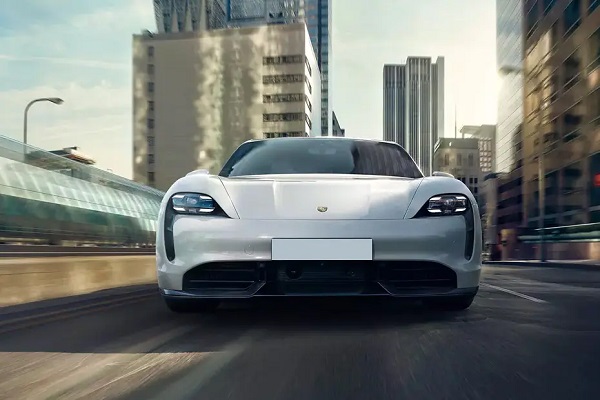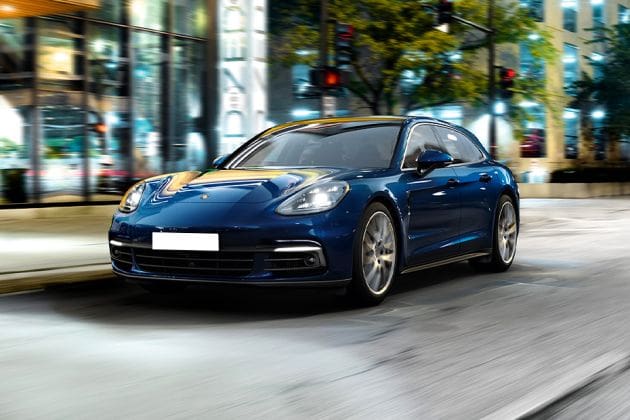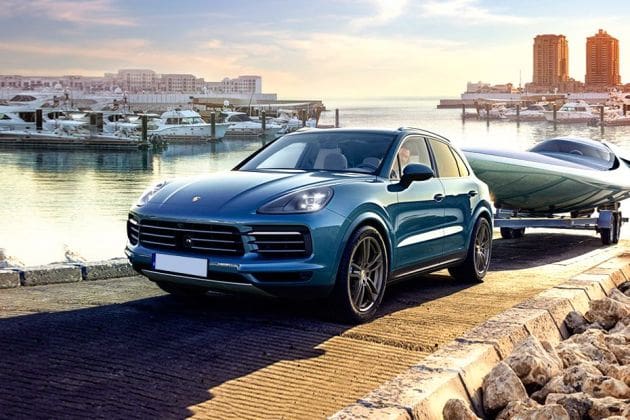Porsche Macan EV to promise 603 hp and 1000 Nm
- Porsche Macan EV will continue to exist with the ICE variant of the SUV for a number of years.
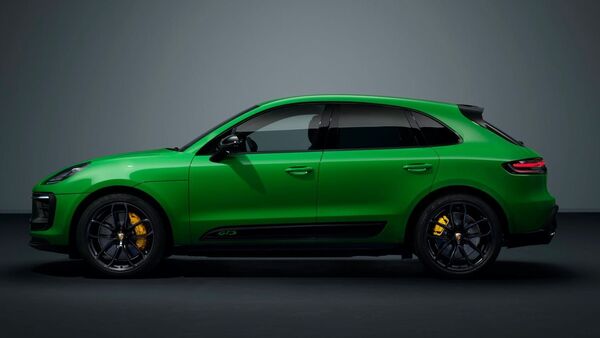

Porsche is working on its next electric vehicle, which will be the all-electric iteration of the Macan EV. Porsche initially planned to introduce the electric SUV in 2023. However, the automaker later delayed the launch of the EV for a year due to the problems encountered by Volkswagen Group's software division Cariad. Slated to launch in 2024, the Porsche Macan EV is now claimed to come with 603 hp of peak power and more than 1,000 Nm of maximum torque. The SUV will come with a dual-motor configuration with all-wheel drive.
Also Read : The wrong Americans are buying electric cars
Porsche Macan EV will be based on the new Premium Platform Electric architecture. This PPE platform is being co-developed by Porsche and Audi. It will come with a rear-wheel drive specification with a single electric motor mounted to the rear axle. The most potent version will come with 603 hp of peak power and over 1,000 Nm of torque.
Also check these Vehicles
Porsche has revealed that the Macan EV will come with a weight distribution of 48 per cent at the front and 52 per cent at the rear. However, the curb weight remains a mystery. The dual electric motors on the higher variant will draw juice from a lithium-ion battery pack with a gross capacity of 100 kWh. InsideEVs claims in a report that thanks to the 800V architecture, owners of the upcoming Porsche Macan EV will be able to juice up the battery pack with its 12 prismatic cells at over 270 kW. Speaking about the battery pack, there won't be any larger or smaller packs, claims Porsche.
The German luxury car brand claimed that the Macan EV would be able to replenish the battery from five to 80 per cent in 25 minutes. Porsche said that it could work better with 400V chargers by splitting the 800V pack into two halves.
The electric SUV will come with a rear-mounted electronic locking differential, and the vehicle will be more manoeuvrable thanks to a 15 per cent increase in steering angle. This same mechanical prowess will allow the car's rear-wheel steering to work efficiently at up to five degrees at speeds below 80 kmph.







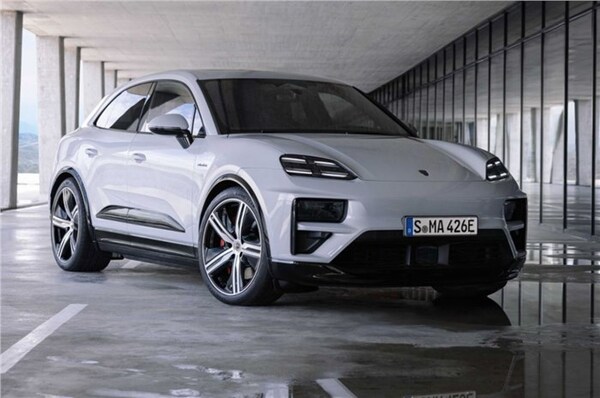
 100 kWh
100 kWh 591 km
591 km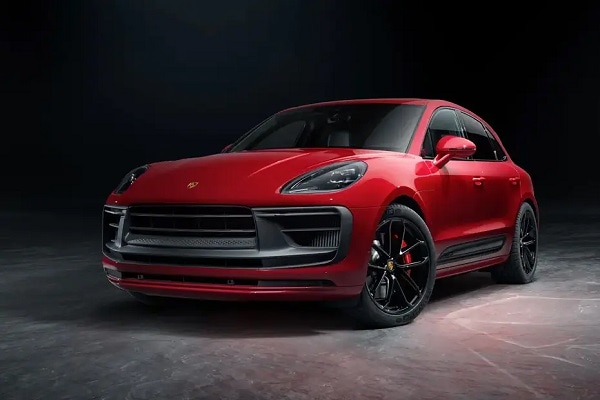
 2995 cc
2995 cc Petrol
Petrol
